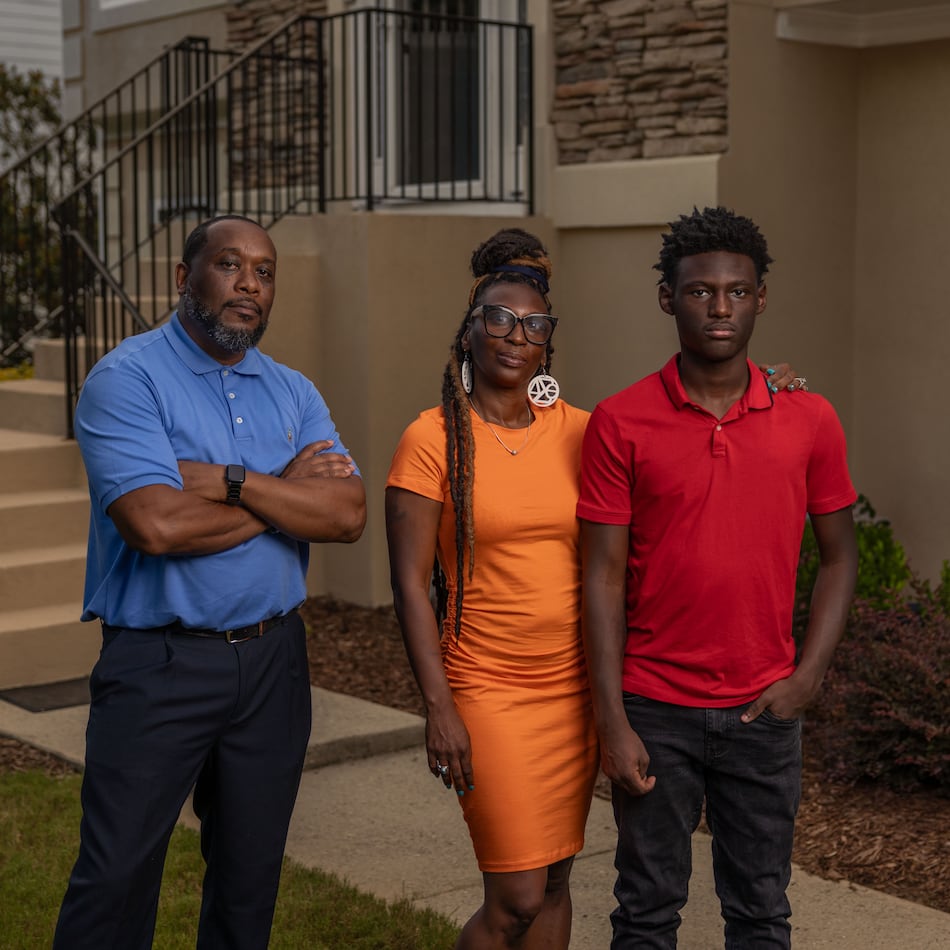SAVANNAH ― Opening the Georgia coast to offshore drilling is again under consideration, and the public has until Monday to comment.
The federal agency that manages energy resources along the Outer Continental Shelf, the Bureau of Ocean Energy Management, is in the early stages of developing a schedule for offshore oil and gas leases that would extend through 2029. The public comment period, also known as a request for information, is meant to gather feedback on leasing opportunities and concerns about leasing, as well as identifying other existing uses that may be affected by leasing.
Georgia’s coast is among the areas under consideration despite a drilling and exploration moratorium imposed in 2020 that stretches through 2032. An earlier proposal to allow drilling sparked opposition from coastal residents and elected leaders across the state.
The early step toward new offshore leasing comes with the U.S. already producing more oil than at any point in its history.
In March, the country set a new crude oil production record with more than 418,000,000 barrels, according to the federal Energy Information Administration. That eclipsed the previous mark set only six months earlier.
It’s unclear how seriously the agency is considering areas off Georgia’s coast for leasing.
A map published by BOEM shows it’s soliciting feedback on offshore areas up and down the Atlantic, Gulf and Pacific coasts, along with Alaska.
There are no active leases off the Atlantic coast currently. But in a federal notice published about the leasing program, the department said it believes areas off the U.S. East Coast “could contain significant oil and gas resource potential.” It added, however, that assumption is based on data gathered in the 1970s and ’80s.
Environmental groups have raised serious concerns about the effects drilling could have on Georgia’s coastal waters and other areas in the Atlantic. They point to the 2010 Deepwater Horizon spill, which released 4 million barrels of oil into the Gulf of Mexico, devastating ecosystems and harming tourism for years. President Donald Trump recently renamed the Gulf of Mexico the Gulf of America.
The program development follows Trump’s “Unleashing American Energy” executive order issued the day he took office in January. That directive was a counter to an executive order signed by then-President Joe Biden on Jan. 6 that blocked future offshore oil and gas leases along the East and West coasts, the eastern Gulf of Mexico and portions of Alaska’s Northern Bering Sea.
The new offshore leasing plan would replace one developed by the Biden administration that includes just three lease sales, all in the Gulf.
Those new leases are among 2,227 currently managed by BOEM. The leases cover about 12.1 million acres along the Outer Continental Shelf, and 469 leases are producing oil and gas.
Expanding the leasing program to include federal waters off Georgia could reignite a fierce debate among coastal residents and elected leaders around the state. A similar initiative launched by the Trump administration during the president’s first term led to more than 10 coastal cities and the city of Atlanta passing resolutions opposing drilling and exploration.
State lawmakers followed suit, passing an anti-drilling resolution in 2019 supported by all coastal lawmakers, both Republican and Democrat. Gov. Brian Kemp, a Republican, backed that legislation, as well.
The anti-drilling sentiment led U.S. House Rep. Buddy Carter, R-St. Simons Island, to adjust his position on the issue. Carter represents the entire Georgia coast and has long been a proponent of an “all-of-the-above energy policy,” meaning he supported offshore oil and gas exploration as well as nuclear, wind, solar and other clean energy initiatives.
Yet following local and state officials’ stand against drilling, Carter sent a letter to the then-Secretary of the Interior asking that Georgia be removed from consideration for offshore drilling and exploration. The request contributed to the 2020 drilling and exploration moratorium, which also applies to neighboring states Florida and South Carolina.
Contacted Friday for comment about the new leasing plan, a Carter staffer pointed to that 2019 letter and said the congressman’s position remains the same.
Credit: Evan Vucci/AP
Credit: Evan Vucci/AP
Coastal environmental groups such as One Hundred Miles, the Center for a Sustainable Coast and Oceana are encouraging Georgians to submit comments before the Monday deadline for the new proposed leasing plan. They say drilling and exploration would harm the coastal quality of life, the coastal ecosystem and the local economy.
“Oil and gas production offshore of the mid and south Atlantic has never taken place. Such a significant shift in federal policy would jeopardize the ecosystems that make our region so special and which fuel our vibrant shrimping, fishing, and ecotourism industries. Residents, business owners, and elected officials across our state understand that Georgia’s coast is more precious than oil — and that this short-sighted proposal simply isn’t worth the risk," One Hundred Miles’ Alice Keyes said in a prepared statement.
Editor’s note: An earlier online version of this article included an incorrect number for U.S. crude oil production. The article has been updated.
HOW TO SUBMIT PUBLIC COMMENT
Visit the BOEM link at regulations.gov/document/BOEM-2025-0015-0003
Keep Reading
The Latest
Featured





